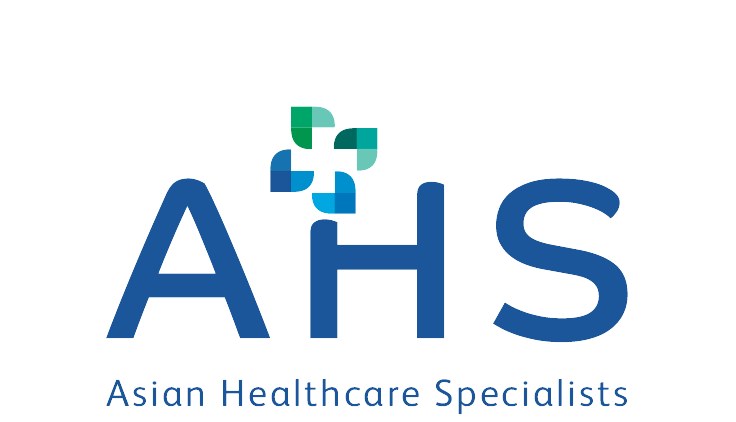
Our anesthesiologist provide anaesthetic care across a wide range of specialties, from critical care to neuro and regional anaesthesia. Our specialists manage anaesthesia for complex surgeries, including neurosurgical and cardiothoracic procedures, as well as offering expert pain relief. We are also skilled in airway management, regional anaesthesia, and post-operative intensive care, ensuring our patients receive the highest level of care at every stage.
Consult a GP online to get a referral memo, required for insurance claims (if applicable), for your visit to a Specialist at AHS.
Acne, a common skin condition, manifests as pimples, blackheads, and cysts, primarily affecting teenagers but can persist into adulthood. Treatment options include topical creams, oral medications, and lifestyle modifications. A dermatologist can provide personalized treatment plans based on the acne’s severity.
Eczema, characterized by itchy, red, and inflamed skin, often appears in childhood but can occur at any age. Trigger management and skin care routines are vital in managing eczema. Treatments include moisturizers, prescription topical treatments, and, in severe cases, oral medications
Psoriasis is a chronic skin condition causing red, scaly patches, often accompanied by discomfort or itching. It’s an immune-mediated condition with treatment options ranging from topical treatments to phototherapy and systemic medications. Regular dermatological care is crucial in managing symptoms.
Skin infections, caused by bacteria, viruses, or fungi, can range from mild to severe. Common types include cellulitis, impetigo, and fungal infections. Treatment depends on the cause, ranging from topical antifungals and antibiotics to oral medications.
Skin cancers, including basal cell carcinoma, squamous cell carcinoma, and melanoma, are the most common cancers. Early detection and treatment are crucial. Options include surgical removal, radiation therapy, and in advanced cases, systemic treatments. Regular skin checks are recommended for early detection.
Skin pigmentation disorders, like melasma or sun spots, result in patches of skin becoming darker or lighter. Treatment options include topical creams, laser therapy, and chemical peels, tailored to the pigmentation type and skin sensitivity. Sun protection is also crucial in managing these conditions.
Wrinkles, a natural part of aging, are lines and creases that form on the skin. Treatments to reduce their appearance include topical retinoids, moisturizers, botox injections, and dermal fillers. Laser treatments and chemical peels can also improve skin texture and tone.
Scars, formed during the wound healing process, vary in size and shape. Treatment options depend on the scar type and include topical treatments, laser therapy, surgical revision, and injections. Early and consistent treatment can significantly improve appearance.
Facial veins, such as spider veins, can be treated for cosmetic reasons. Options include laser therapy and sclerotherapy, which involve minimal discomfort and offer effective results. A dermatologist can recommend the best treatment based on the vein type and skin condition.
Skin rejuvenation encompasses various treatments aimed at restoring a youthful appearance to the skin. These include microdermabrasion, chemical peels, laser resurfacing, and anti-aging skincare products. A tailored approach is essential for effective and safe results.
Hair removal can be achieved through methods like waxing, shaving, electrolysis, and laser hair removal. Laser hair removal offers a more permanent solution and is effective on various skin types. A consultation with a dermatologist can help determine the most suitable method.
Tattoo removal is commonly performed using laser technology, which breaks down the ink particles in the skin. The process is typically multi-session and may vary in effectiveness based on the tattoo’s age, colors, and size. Consultation with a specialist is necessary to understand the process and expected outcomes.
Why Choose Us

Friendly & Experienced Specialist
Seasoned specialist with decades of expertise, establishes strong rapport with patients, fostering a welcoming and reassuring environment.

Thoughtful & Insightful Consultation
Our specialist excels in attentive listening and provides clear explanations to address patients’ skin concerns and inquiries, ensuring an insightful and informative consultation.

Safe & Effective Treatment
We prioritize your well-being by offering meticulously selected treatments that are both FDA and HSA-approved, delivering safe and effective results.

Convenient & Cosy Clinic
Experience the comfort of our conveniently located clinic in the heart of Singapore, providing a warm and inviting ambiance for your visit.

Transparent & Principled Operations
Our commitment to transparency includes comprehensive financial counseling and strict adherence to the Ministry of Health (MOH) guidelines concerning surgical fees, ensuring ethical and principled operations.
Our Anaesthesia Specialists
Our Clinics
Asian Healthcare Specialists (Alvernia)
Address
820 Thomson Road Medical Centre
Block A #05-03
Singapore 574623
Contact
+65 6252 4015
Asian Healthcare Specialists (Novena)
Address
Mount Elizabeth Novena Specialist Centre
38 Irrawaddy Road #08-41
Singapore 329563
Contact
+65 6334 1486
